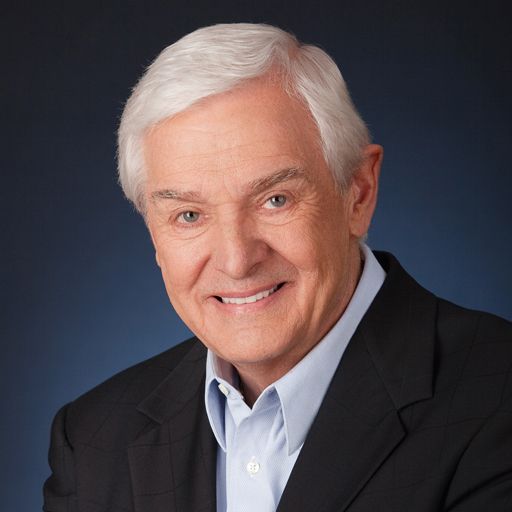Noah could have used a smartphone! After bobbing around on a worldwide ocean for a year, he had no idea where he was when he and his family disembarked after the Flood. With a smartphone, Noah could have easily used the location finder to determine that they had landed in (what would become modern-day) Turkey, on the side of a mountain called Ararat. Any number of map apps could have given him a bird’s-eye view of their location and how far they had drifted. But there were no GPS satellites circling the earth and nary a smartphone to be had.
Drifting, subject to the currents and winds, is “accidental navigation”—going wherever the winds of chance take you. Some think that’s how the Vikings discovered Iceland and North America. Even though they had harnessed the wind, they still lacked precise navigation skills. They carried cages of ravens on their ships and would release one when they thought they were near land. If the raven flew around in circles and returned to the ship exhausted, it meant they were not near land. But if the raven began flying in a specific direction, the ship would follow, assuming the bird was heading for land. Not very precise, to say the least.
Once mankind learned to harness the wind with sailing ships, navigation got better. The Phoenicians (1500 B.C.), for example, mastered the art of shipping and trade in the Mediterranean Sea—with one caveat. They could only sail close to shore. Maps of their shipping routes hugged the Mediterranean coast lines. As skilled as they were at sailing, they knew nothing of navigation in open water. Once they lost sight of land, they were literally lost.
Centuries later, Christopher Columbus suffered similar navigational limitations. The West Indies islands where he landed bear that name because he thought he had landed in India. But at least he was able to keep a steady course westward across the Atlantic from Spain. And that was due to the evolving science of celestial navigation.
To boil this science down to its simplest idea, celestial navigation means determining where you are on earth in relation to a fixed object in the sky. Using instruments like the quadrant and the astrolabe—forerunners of the modern sextant—sailors could plot their location on earth by measuring the degrees between the horizon and the sun, the moon, and certain stars. Even with GPS and computerized navigational tools, modern naval navigators are still trained to use the sextant for sailing by celestial navigation.
The most widespread method of celestial navigation is learned by Boy Scouts and other young explorers: Find the North Star (on the “Little Dipper” constellation) and at least you’ll know where north is. In the dark of night, the North Star is like a beacon from which all other directions can be discerned.
We need a spiritual North Star! Sometimes our world seems like an ocean that is roiled by the wind into life-threatening whitecaps. We feel like a chip of bark being tossed, first up on the crest of a wave, then down into the valley until the next wave hits. Sometimes we seem like the ancient Phoenicians who have been blown away from shore with no familiar landmarks in sight. Everything we once thought was permanent and a safe harbor has been altered by the worldviews and philosophies of the day.
Until we remember that we do have a North Star. In fact, our North Star called Himself “the Bright and Morning Star” (Revelation 22:16). In Jesus Christ, we have our benchmark for celestial navigation. By His immovable presence in our life, we are able to chart our present and future locations. “Jesus Christ is the same yesterday, today, and forever” (Hebrews 13:8).
Now is the time to focus our eyes on our one true hope. We know not what lies ahead of us, how dark the skies or how rough the seas. But we know that our Bright and Morning Star will be our guide. He is our true north. He is the only One who can guide us safely to our heavenly harbor for eternity.
Stay focused on Jesus Christ, and you will stay securely on course.
David Jeremiah is the senior pastor of Shadow Mountain Community Church and the founder and host of Turning Point for God. For more information about Dr. Jeremiah or Turning Point, visit www.DavidJeremiah.org.






